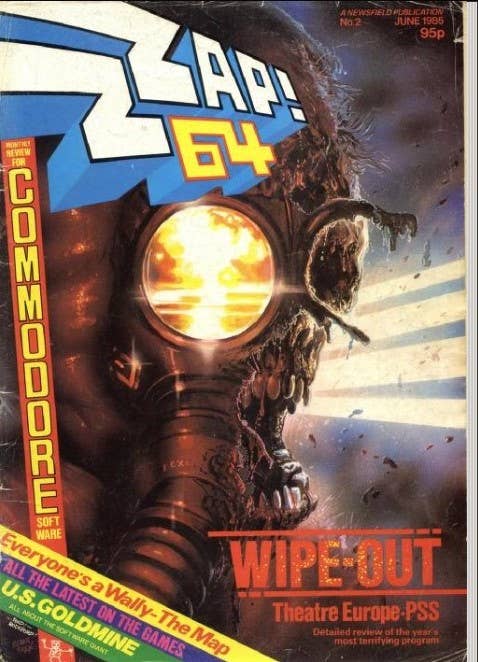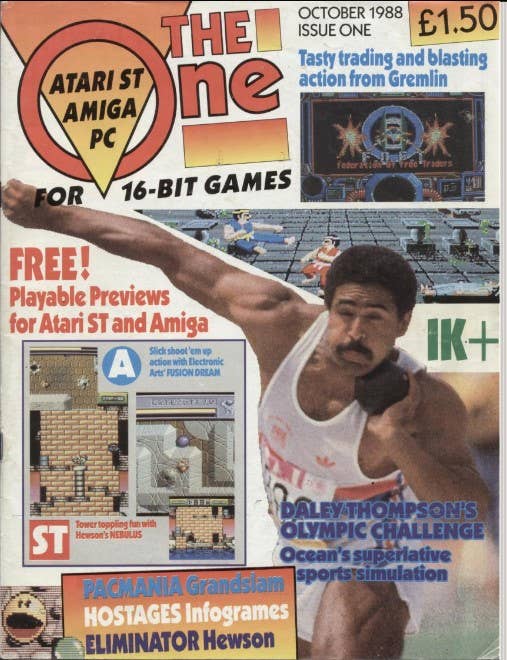“You have this feeling you’re able to do anything.”
What would have happened if it never came out?
Why was it nearly canned?

“I don’t know why I used to defend it every week,” he says.
“For a start it rarely worked,” he begins.
“It would crash constantly - full-on, full-scale crashing, not sort of ‘oh, slightly inconvenient’.

You couldn’t play it for more than a few minutes.
And the game structure as it was then … it was much more regimented.
Every conceivable thing you could think about that makes a game work was terrible.Andit kept crashing.”

And no one knew it would be a cultural phenomenon.
It was just a buggy game that wasn’t fun and was leeching resources.
It really did have to be fought for.

Penn remembers the moment things began to change.
A programmer called Patt Kerr came up with a new physics model for driving.
The first time I saw it I just smiled like a dick," he says.
“And you just go, ‘This is sooo cool.’
I like to think this was me…
It may not have been me.
But this needs to go into GTA.”
And the moment it did go in, people could begin to see what the fuss was about.
Suddenly, it was playable.
Suddenly, it was fun.
But Gary Penn’s claim to fame doesn’t start with Grand Theft Auto.
It was a job he had to win a competition to get.
He can’t remember what they were but they were on a variety of platforms.
So he phoned him back and Anderson pitched his idea for a new magazine.
“You’re not gonna say no to that job are you?”
No, Gary, I’m not.
It was a formative time for him, and for writing about video games.
And he was intoxicated by the status it was giving him.
You’ve got this sort of weird micro-stardom thing going on, which is very peculiar.
And you’d go to places and be recognised."
You’re Gary Penn," the American said.
“I was like, ‘Yeahhhh…?'”
“Zzap!64 right?!”
But Zzap!64 wouldn’t last.
“That was interesting,” he says.
But after a few successful and award-winning years “I left EMAP in a strop as well”.
It was after this he began the slide into game production.
“We were prototyping that.”
He was using pen and paper, and coins, to figure out how the game would work.
But working there took its toll on him.
DMA was, as he succinctly puts it, “a fucking mess”.
“I went through a great deal of stress,” he says.
“I nearly broke.”
There was GTA, Body Harvest, Space Station Silicon Valley, Tanktics, Wild Metal Country, Attack!
and Clan Wars, all in development at the same time.
And it can be.
“I just burned out,” he says.
I just realised…" he trails off with a sigh.
And I was thinking I just don’t want to do this any more.
I just felt so burned out by that point."
He didn’t leave triple-A gaming entirely, though.
He is one of the few people to have worked on all three Crackdown games.
It’s even being used in some schools across Europe for exactly that.
It sounds like there’s a lot of new stuff there, and more structure and story than before.
This is where Gary Penn is currently at.
“Yeah, that’s an obsession,” he happily admits.
He’s played the newer GTA games too.
To hear all of Gary Penn’s story - and I recommend you do!
- tune intoepisode 20 of One-to-one, now available to all premium supporters of Eurogamer.
It will be available to everyone else in two weeks’ time.